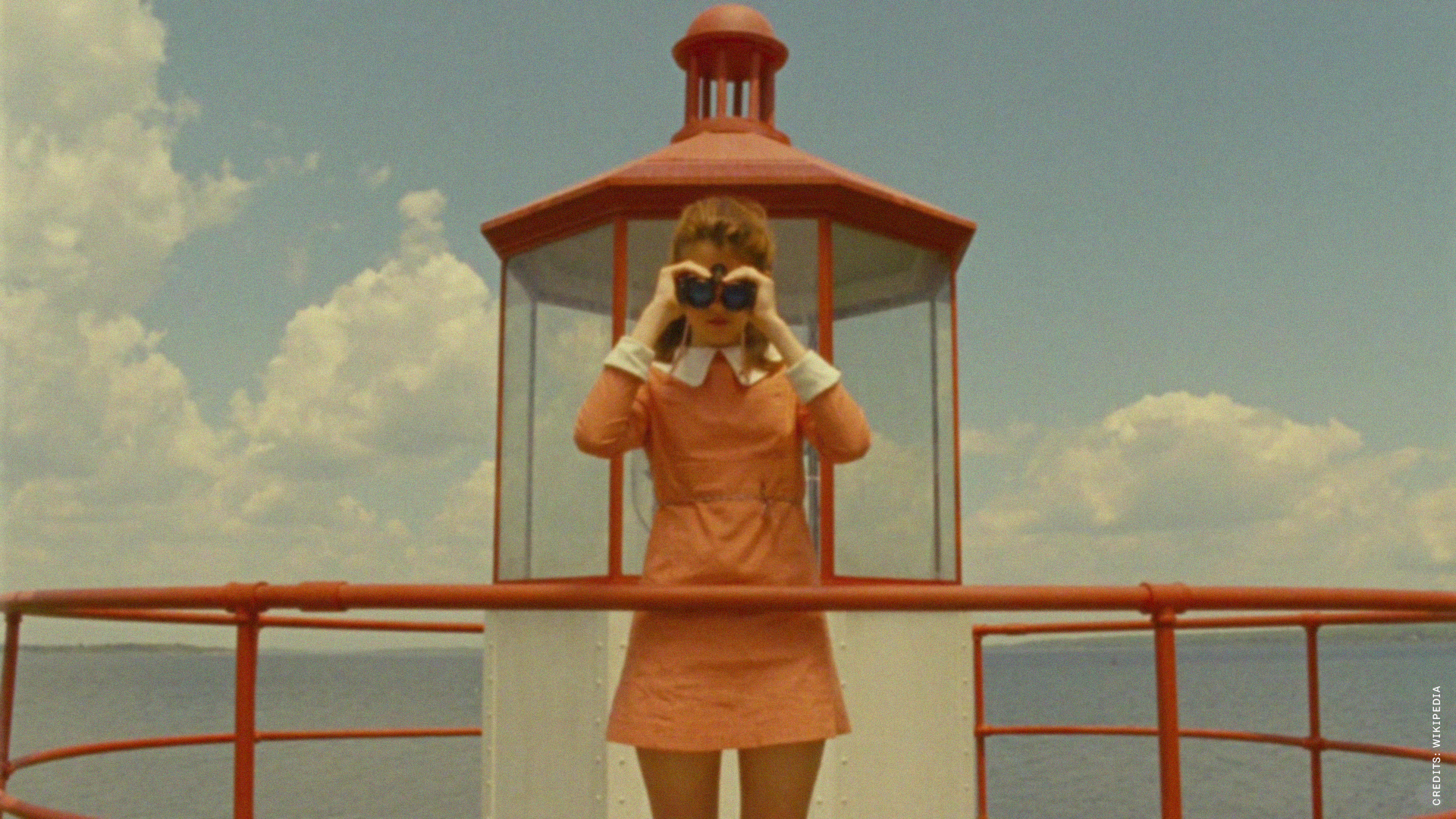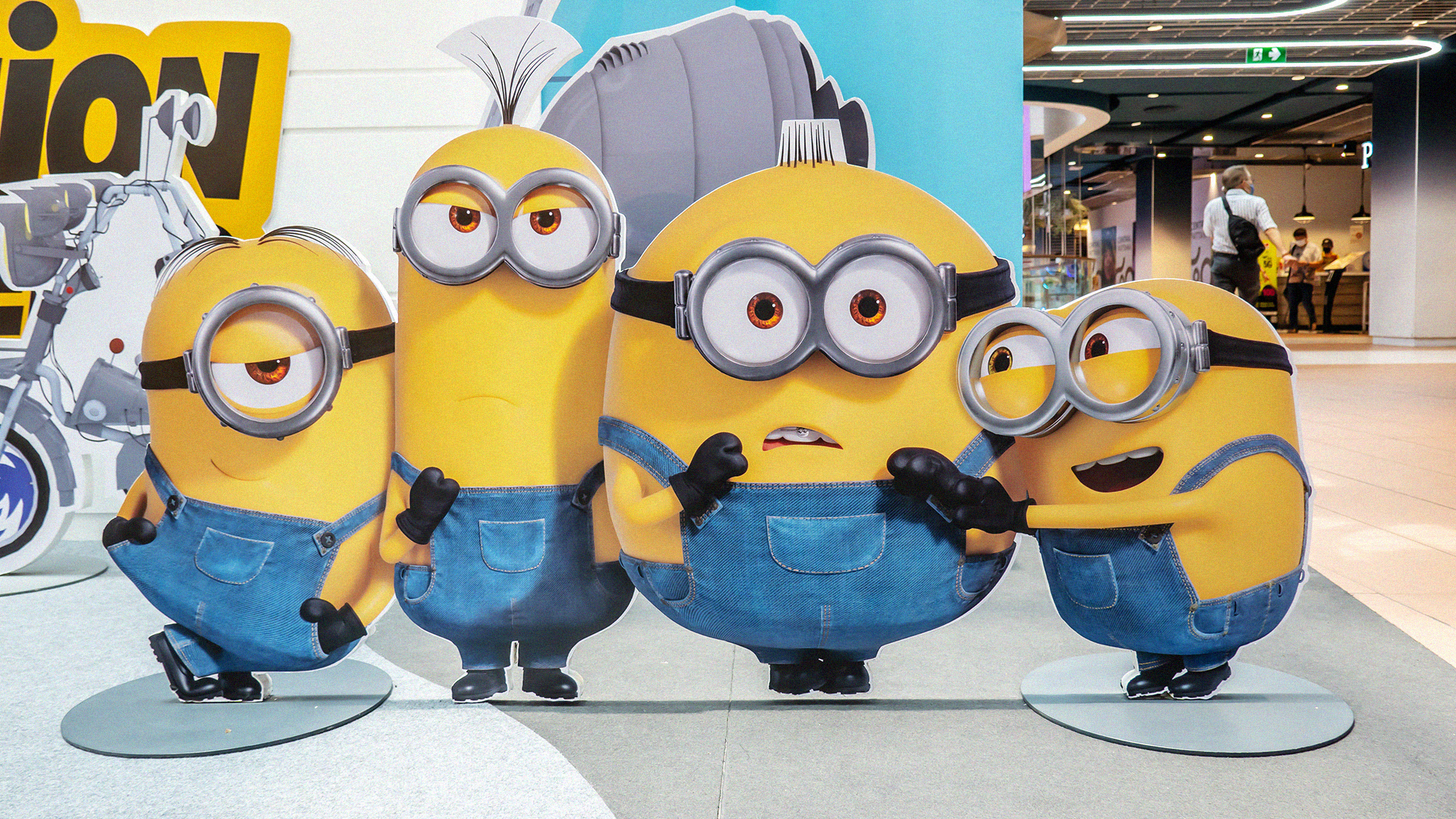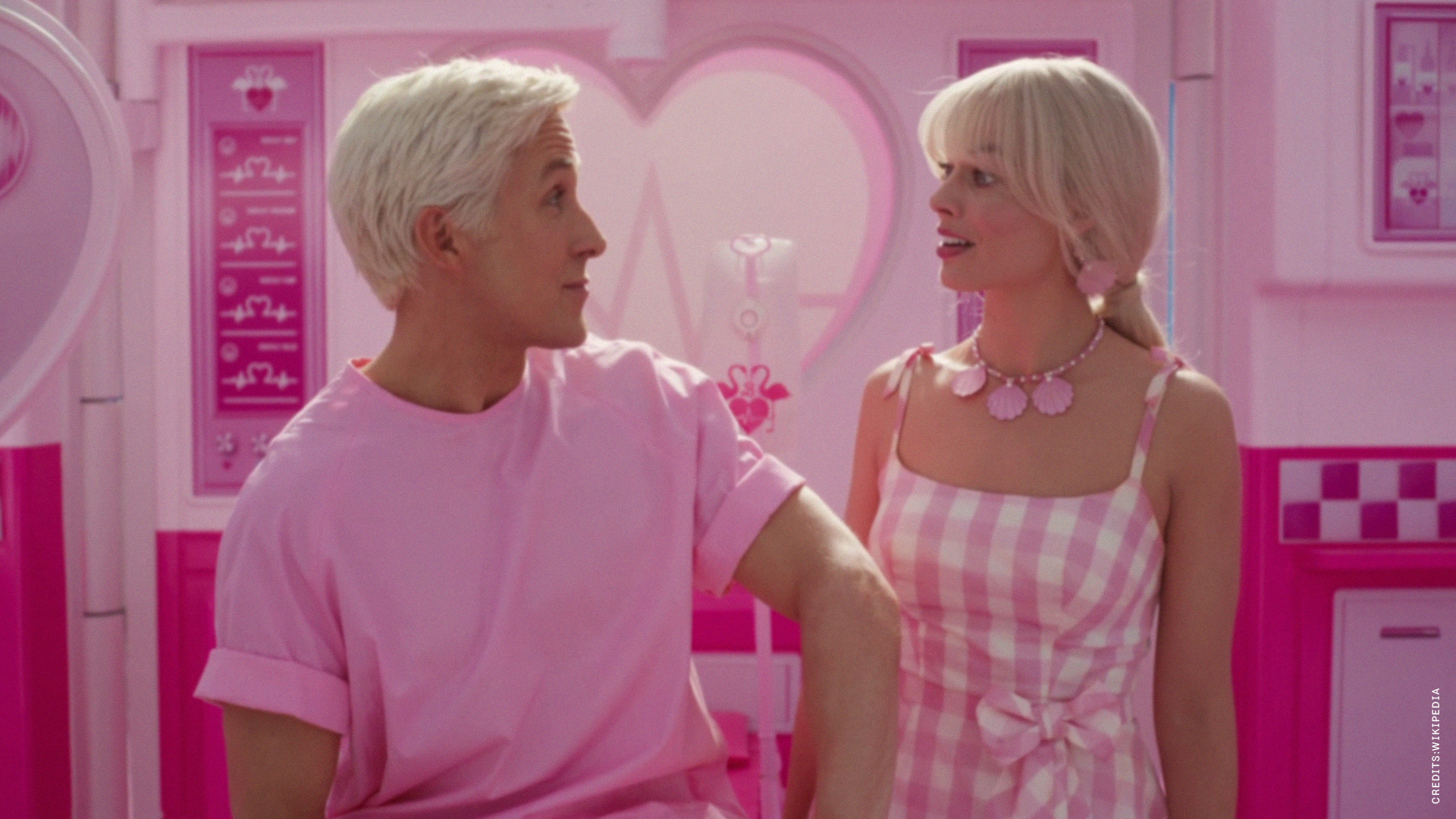With the rise of new media, it is becoming increasingly common for the success of a film or tv series to precede its release in theaters (and on platforms) due to the viral power of social media.
How many times have you started watching a movie or a tv series just because you saw a trend on TikTok or a funny meme on Instagram? This is becoming a progressively common behavior. In previous years, marketing aimed at boosting product sales was limited just to the merchandise or events. However, with the digitalization of communication, social media have become the main players in this process.
Many production companies have incorporated new media into their marketing strategy, achieving significant results both in terms of creating initial hype, during and after the release, thanks to viral trends. Movie marketing works very well on social media and that is a fact.
TikTok, for example, is proving to be an increasingly effective tool for growing a product’s popularity, consequently generating free publicity thanks to the viral trend. With its easy interface and engaging, short and targeted contents, this platform allows to obtain a level of interaction conversion that no billboard or capsule collection could hope to achieve. It is not difficult to understand, therefore, why many companies choose to take advantage of this potential. We have collected some case studies that demonstrate the ability of social media to promote film by simply exploiting the platform’s algorithm.

Like a wes anderson movie
On social media platforms like TikTok and Instagram, it didn’t take long for this trend, characterized by a unique vintage aesthetic of bright colors typical of the producer, to go viral. Within days, thousands of users flooded feeds with their retro-inspired videos accompanied by captions, like: “If my life was a film directed by Wes Anderson”. This social media-born game allows everyone to turn their life into a movie, written and directed by the user.
At the origin of this phenomenon is a video by a young woman fully unaware of the commercial dynamics of social media, Ava Williams, who in April, while sitting on the train ride home after work, she looked around and filmed a video imagining herself as the American director, drawing inspiration from his colorful vintage aesthetic. Needless to say, Anderson’s films experienced tremendous success following the explosion of this trend.
Barbie Mania
It’s impossible not to mention the phenomenon of the moment that, quite literally, has turned the world pink. Barbie was already breaking records even before the release of the movie, thanks to an enormous marketing effort and the spread of numerous trends on social media. Countless were also the collaborations with various fashion brands and beyond, further amplifying its success.
Just consider that on TikTok alone, videos with hashtag #barbie has garnered over 50 billion views and millions of interactions. It is a dual success: the film became one of the most watched in the last years, and Mattel reported a significant boost in sales. It must be said: #baribemania has likely uplifted the movie industry (and more).
Wednesday’s dance
Who hasn’t learned by heart the iconic Jenny Ortega’s dance as Wednesday in the homonymous Netflix series? Probably no one, as the youngest Addams family member charmed both adults and kids with her signature black braids and distinctive moves. After the release of the fourth episode on the platform, the dance went viral everywhere, and the hashtag #Wednesdaydance reached nearly a billion views. Once again, social media played a key role in the success of the tv series.

#gentleminions
In summer of 2022, if you went to the cinema to watch Minions 2, you probably came across a group of young people dressed in suits and ties. At the time, yet another TikTok trend inspired by the film had gone viral, influencing millions of people. Many decided to pay homage to Gru by wearing formal suits and bringing along a banana (the Minions’ favorite food), even catching the attention of the film’s production company, Universal.
There are dozens of these case studies all supporting an undeniable fact: whether hated, loved, or criticized, social media (when used correctly) provides a significant support to the movie industry, especially in this challenging post-pandemic moment.

